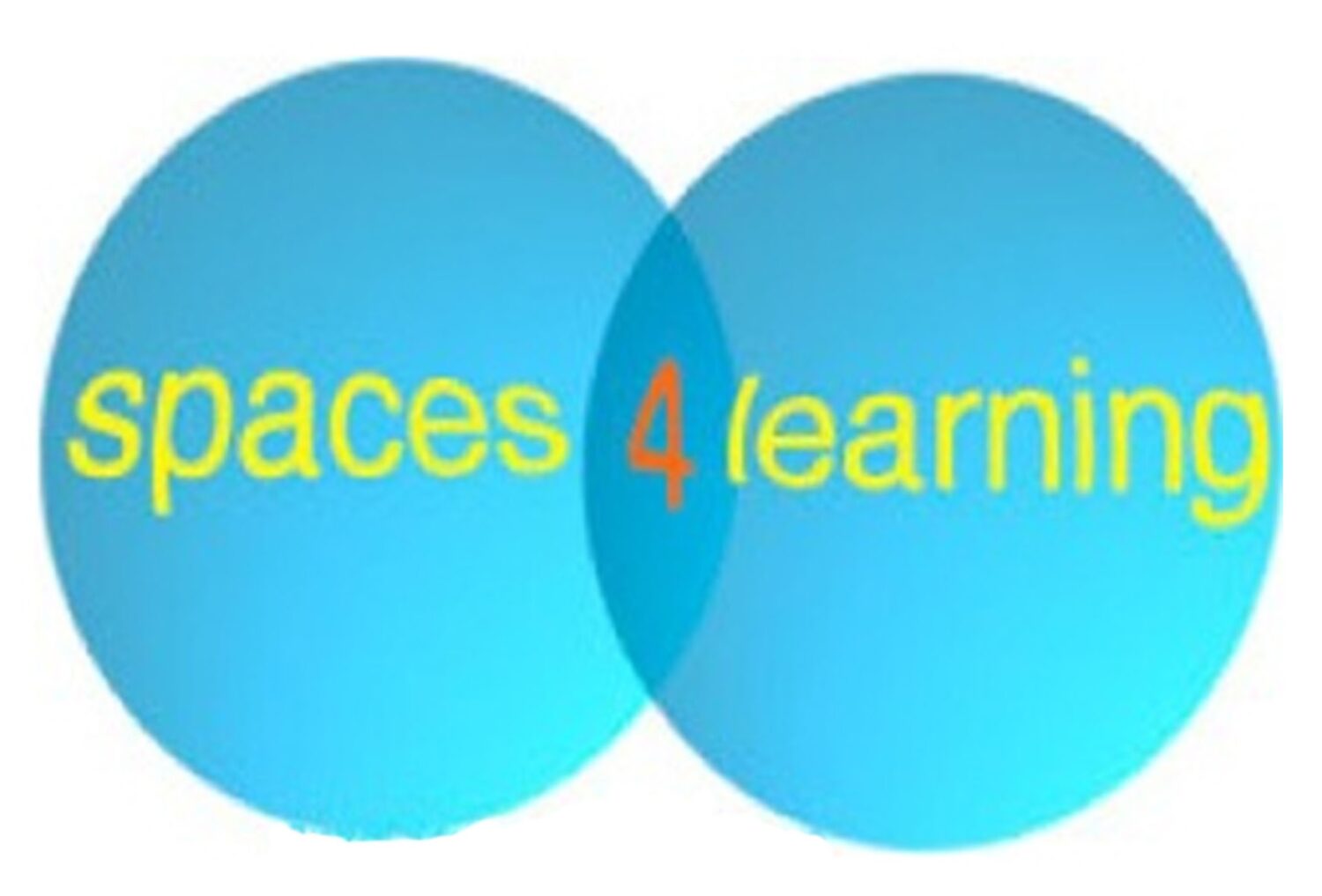Parental role the early years and its importance

Children’s development is not only a biological process. They need not only a supportive environment, but also responsive parents.
Child development and the experiences they have in these years are the foundation for their lifelong learning and well-being.
This workshop looks at children’s developmental goals and development as a process where both parents and children taking an active role.
The aims are :
- to develop your parental capabilities so you can be attuned to your children’s needs
- provide a stimulating environment and able to influence and guide your child’s learning
Bronya provides insight into how to recognise and take into account children’s perspective (interest and motives) in order to support their learning.
Details:
Duration:1 hour
Who for: Parents of children aged 0 – 8
Days: The third and the fourth Wednesday of each month
Time: 19:30-20:30 (UK time)
Participants: No more than 10 attendees
Price: £15 payments are made in advanced by PayPal (£1additional charge)
Booking: bcalderon@spaces4learning.org
Upcoming Workshops in 202223
February: Wednesdays 16th & 23th
March: Wednesdays 16th & 23th
Abril: Wednesdays 20th &27th
May: Wednesdays 18th & 25th
Expert-led interactive live workshop via Zoom

This workshop gives parents the opportunity to engage in proactive rather than reactive behaviour when it comes to their children’s well-being.
How it works:
The workshop is designed to enhance participants’ skills, which requires practical and active participation. As this is an interactive workshop all participants will be required to have their videos turned on.
Topics to cover:
- Children’s areas of developmental and milestones
- Parent-child interaction
- Children’s voices, perspectives and needs
- Play and learning and child-initiative activities
Expected Outcomes:
- Parents influenced positively all aspects of child’s development (language, cognition, emotion regulation, social skills, physical and mental health, academic attainment and overall well-being)
- More responsive parents attuned to their children’s needs
- Improved parental satisfaction and well-being
- Children met their developmental goals, develop capacity to learn, become self- regulated, manage their emotions, develop a positive sense of self

